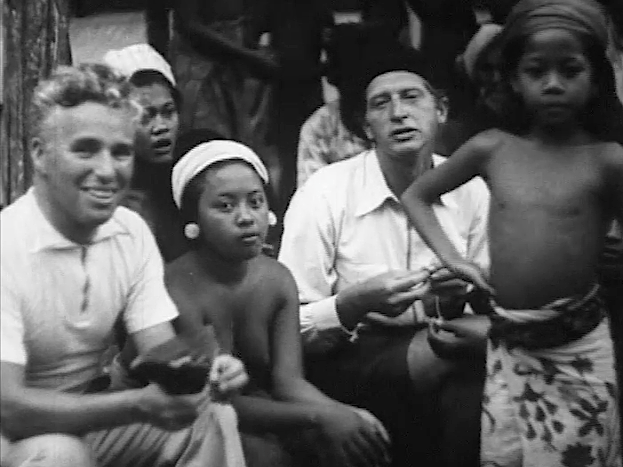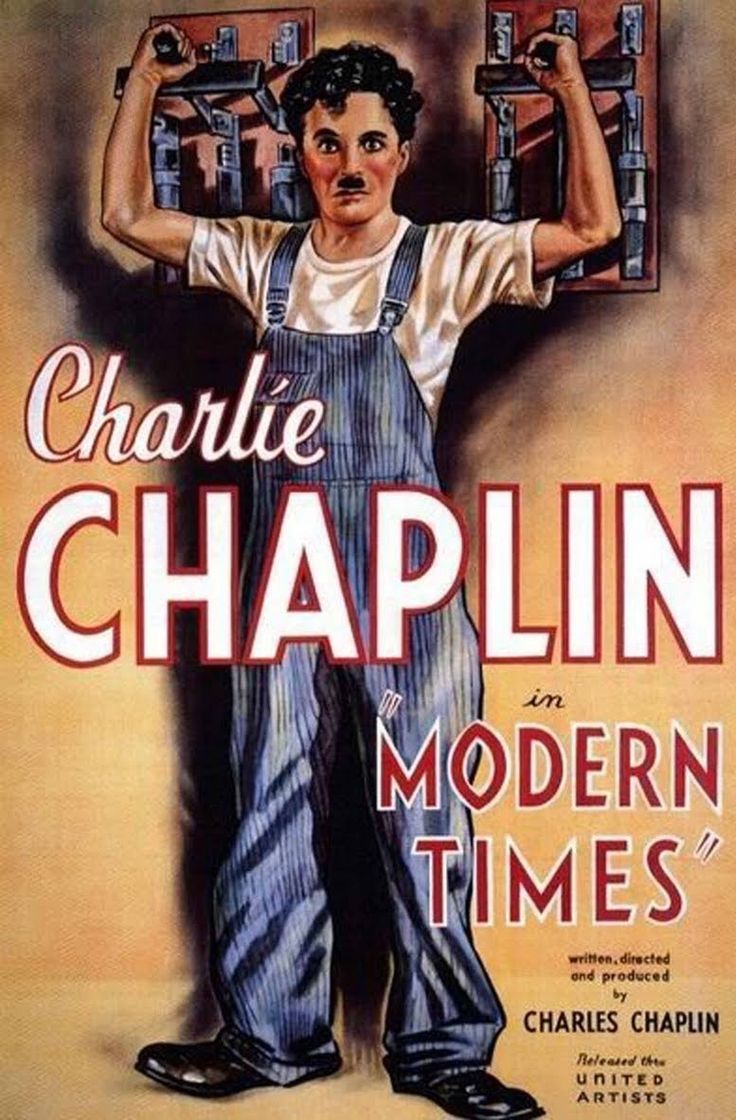Charlie Chaplin is widely regarded as one of the greatest comedians in history. However, his talents extended far beyond comedy. He was also an activist who used his art to advocate for social justice and political change. His visit to Bali in 1932 had a profound impact on him and inspired him to take an anti-colonial stand that would shape his work for years to come.
At the time of Chaplin's visit, Bali was a Dutch colony, and the Balinese people were living under colonial rule. Despite this, Chaplin was struck by the beauty and vibrancy of Balinese culture, particularly its traditional dances and rituals. He was also impressed by the Balinese people's resistance to colonialism, which he saw as a form of oppression.
During his visit, Chaplin witnessed a traditional Balinese dance performance, which left a lasting impression on him. The dance was a form of resistance to colonialism, as it was a way for the Balinese people to express their culture and traditions in the face of Dutch colonialism. Chaplin was inspired by the way the Balinese people used their art to resist oppression and imperialism.

Chaplin's experiences in Bali inspired him to take a stand against colonialism and imperialism. He was deeply moved by the Balinese people's struggle for independence and their resistance to Dutch colonialism. In a speech he gave in 1936, Chaplin spoke out against colonialism and called for an end to imperialist practices.
His anti-colonial stand was reflected in his work as well. In his film "Modern Times," which was released the same year as his speech, Chaplin criticized the dehumanizing effects of industrialization and capitalism, which he saw as forms of colonialism. The film tells the story of a factory worker struggling to survive in a rapidly industrializing world, and is widely regarded as a critique of modern society.
Chaplin's visit to Bali had a lasting impact on him, and he continued to advocate for social justice and political change throughout his life. He was a vocal opponent of fascism and totalitarianism, and his films often featured themes of resistance and rebellion against oppressive regimes.

Furthermore, Chaplin's anti-colonial stand was not limited to his work as an artist. He was also an active supporter of anti-colonial movements around the world. In 1949, he was invited to attend the Congress of the Peoples for Peace in Paris, where he spoke out against imperialism and colonialism.
Chaplin's visit to Bali also had a positive impact on the region's tourism industry. His visit helped to promote Bali as a tourist destination, and his endorsement of Balinese culture helped to preserve it in the face of colonialism.
In conclusion, Charlie Chaplin's visit to Bali inspired him to take an anti-colonial stand that would shape his work for years to come. His experiences in Bali showed him the beauty of Balinese culture and the resilience of its people in the face of colonialism. His advocacy for social justice and political change was reflected in his work and serves as a reminder of the power of art to inspire and bring about change. Chaplin's legacy as an activist and artist continues to inspire people around the world to this day.
References:
Jacobs, Diane. "Charlie Chaplin and Bali: Modern Times, Modern Movements." Pacific Affairs, vol. 67, no. 2, 1994, pp. 203-215.
Robinson, Michael. "Charlie Chaplin's Visit to Bali in 1932." Inside Indonesia, 2003, http://www.insideindonesia.org/charlie-chaplin-s-visit-to-bali



















